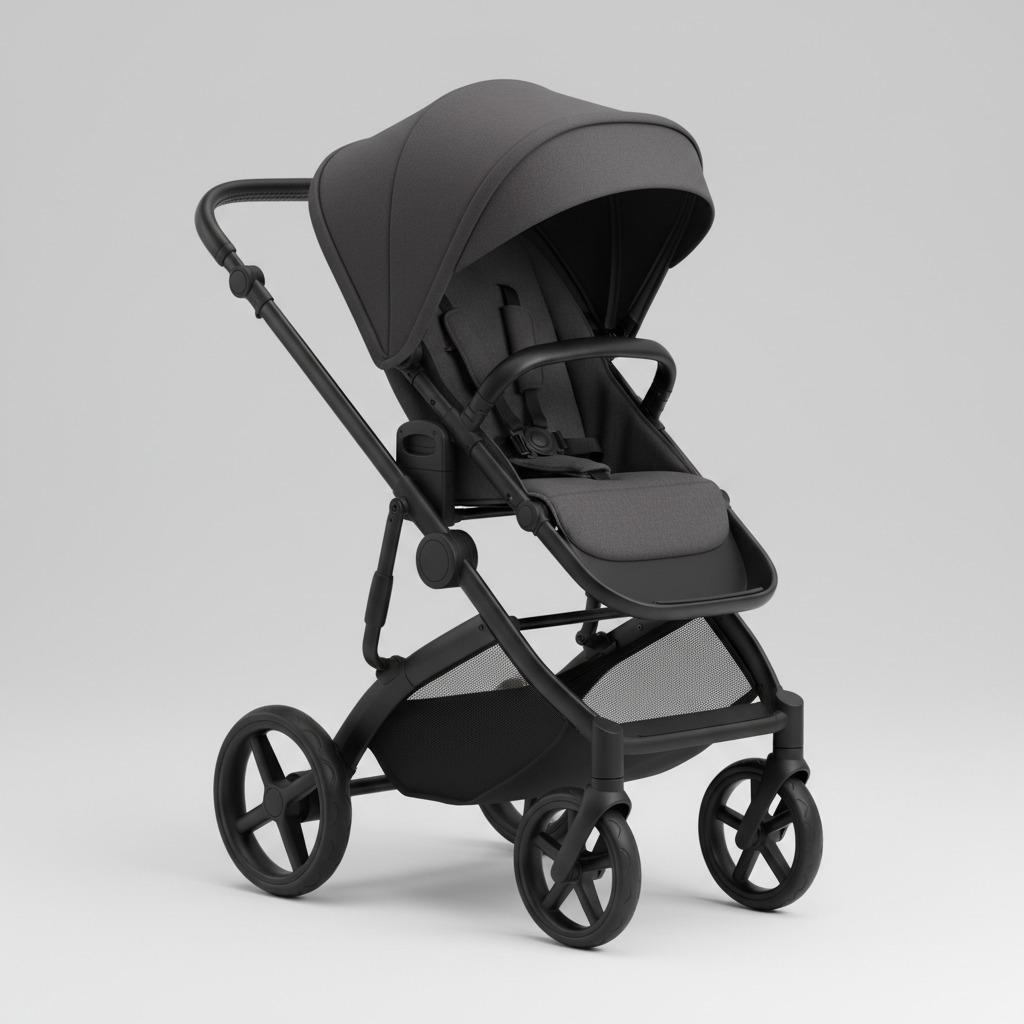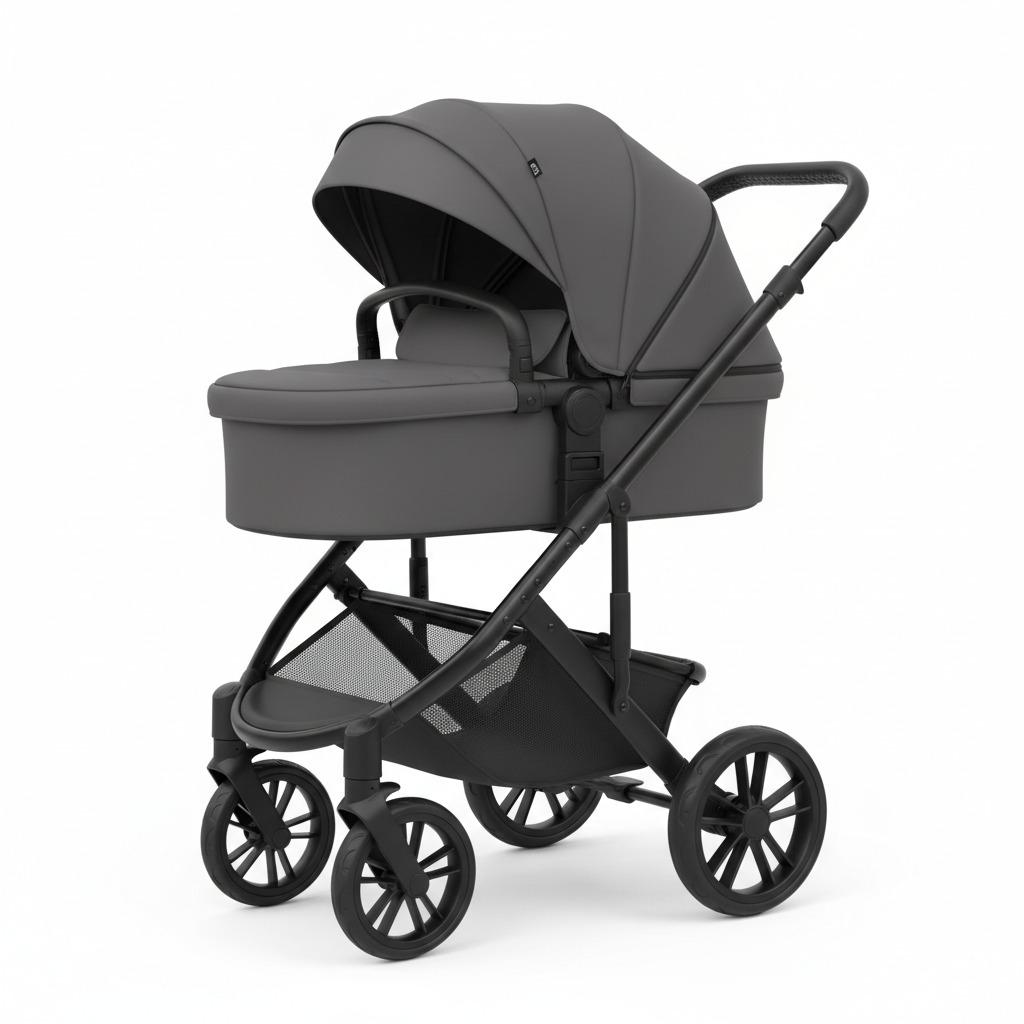Ball bearings are a cornerstone of modern engineering, playing a critical role in minimizing friction and enabling smooth rotational motion across a variety of applications. From industrial machinery to automotive components, these meticulously crafted components are indispensable in ensuring operational efficiency and longevity. Delving into the specifics of ball bearing types, sizes, and suppliers offers valuable insights into an industry marked by innovation and precision. In the paragraphs below, we explore the versatility and engineering excellence of ball bearings, focusing on their designs, uses, and relevance in today’s technological landscape.
Understanding Ball Bearing Types
Ball bearings come in a remarkable array of types, each tailored to meet the specific needs of diverse applications. Among the most common are deep groove ball bearings, angular contact ball bearings, thrust ball bearings, and self-aligning ball bearings. The deep groove ball bearing, for instance, features simple yet effective construction with a deep spherical raceway, allowing it to handle both radial and axial loads efficiently. This type, exemplified by SKF 6406 Bearing and FAG Deep Groove Ball Bearing, is highly versatile and found in everything from industrial motors to automotive gearboxes.
Angular contact ball bearings, on the other hand, are designed to support higher axial loads in one direction alongside radial loads, often utilized in precise machinery like high-speed spindles. Thrust ball bearings are ideal for applications involving axial loads, such as turntables and low-speed transmissions. Finally, self-aligning ball bearings are equipped to handle misalignment between the shaft and housing, making them suitable for applications prone to shaft deflection. Understanding the distinctions among ball bearing types enhances one’s ability to choose the right solution for specific engineering challenges.
The Importance of Ball Bearing Sizes
Selecting the right ball bearing size is pivotal for optimal performance in any application. Bearings are manufactured in a wide range of sizes, with diameters ranging from less than a millimeter to several meters, depending on the industry and requirements. For instance, smaller ball bearings are crucial in precision equipment such as dental instruments or micro-electronics, where compact designs and minute tolerances are non-negotiable.
Larger ball bearings, like the SKF 6406 Bearing, are designed for heavy-duty industrial applications where strength and durability are key. With a robust design incorporating high-grade materials, this bearing shows why size and specifications matter. The precision-milled surfaces and tight tolerances ensure smooth performance even under extreme conditions, such as high speeds and heavy loads. Accurate sizing not only prevents mechanical inefficiencies but also minimizes maintenance costs and extends the overall lifespan of machinery.
How Ball Bearing Suppliers Make a Difference
The role of ball bearing suppliers cannot be overstated. Companies like SKF and FAG epitomize engineering excellence and innovation, providing high-quality bearings designed to withstand rigorous demands. SKF, with its global reputation for precision and reliability, exemplifies this through industry-leading products like the SKF 6406 Bearing. Manufactured in Italy and bearing markings such as “ITALY B” and “08 15 204T,” these bearings undergo stringent quality checks to ensure consistent performance.
Similarly, FAG is known for crafting premium products such as the FAG Deep Groove Ball Bearing, built from high-grade chrome steel designed for high efficiency and durability. From meticulous design to manufacturing specifics, suppliers like SKF and FAG prioritize reliability and innovation, ensuring their bearings meet or exceed industry standards. Furthermore, their global distribution networks make these products accessible to consumers worldwide, cementing their role as trusted providers in the ball bearing market.
Key Product Highlights: A Closer Look
The SKF 6406 Bearing and the FAG Deep Groove Ball Bearing are excellent examples of how cutting-edge technology meets superior craftsmanship in the world of ball bearings. Take the SKF 6406 Bearing, for instance, whose stainless steel structure ensures maximum durability and corrosion resistance. Designed with meticulous attention to detail, it features spherical steel balls set within deep metal grooves, a design that allows for exceptional load-carrying capacity.
In addition, this bearing is ideal for high-speed applications and environments demanding minimal maintenance. Its polished finish and precision-milled surfaces impart both aesthetic appeal and functionality, making it a trusted choice for industrial and automotive sectors. On the other hand, the FAG Deep Groove Ball Bearing showcases advanced mechanics and heightened load efficiency due to its hardened polished steel balls. Its optimized internal geometry minimizes noise and vibration, ensuring smooth operation even under challenging conditions.
Why Precision and Material Quality Matter
The performance of ball bearings largely depends on precision engineering and the materials used. High-grade stainless steel and chrome steel, as seen in SKF and FAG products, offer unparalleled strength, resistance to wear, and corrosion protection, ensuring durability in any environment. Precision-milled components reduce friction, increase efficiency, and lower operational noise—all while meeting stringent quality standards.
For example, the protective enclosure in deep groove ball bearings and robust cages that maintain proper ball alignment highlight the importance of precision in both design and functionality. These features help extend the product lifespan and reduce maintenance obligations, which are particularly valuable in cost-intensive industries.
Applications Across Industries
Ball bearings play a crucial role in an incredibly diverse range of industries. In the automotive sector, they are integral to components like transmissions, alternators, and steering mechanisms. Industrial machinery also relies heavily on these bearings for motors, conveyors, pumps, and compressors. Thanks to their ability to reduce friction and improve operational efficiency, ball bearings are indispensable in high-performance devices, aerospace engineering, and even home appliances.
Products such as the SKF 6406 Bearing and FAG Deep Groove Ball Bearing exemplify how innovative designs cater to these varied applications, ensuring flawless functionality under the most demanding conditions. Their superior performance under high axial and radial loads makes them a go-to choice for manufacturers prioritizing both quality and efficiency.
Conclusion: Precision Redefined
In an increasingly technology-driven world, ball bearings remain an essential component of modern machinery, enabling seamless motion and efficiency. Understanding the intricacies of ball bearing types, sizes, and suppliers like SKF and FAG underscores the importance of precision and material quality in engineering. Products such as the SKF 6406 Bearing and FAG Deep Groove Ball Bearing exemplify the industry’s commitment to excellence, offering unmatched durability, reliability, and performance.
Whether you are sourcing bearings for industrial machinery, automotive components, or high-tech devices, partnering with reputable suppliers ensures you receive products that meet the highest standards of engineering and innovation. By investing in cutting-edge ball bearings, you not only enhance operational efficiency but also lay the foundation for long-term success in your industry.












